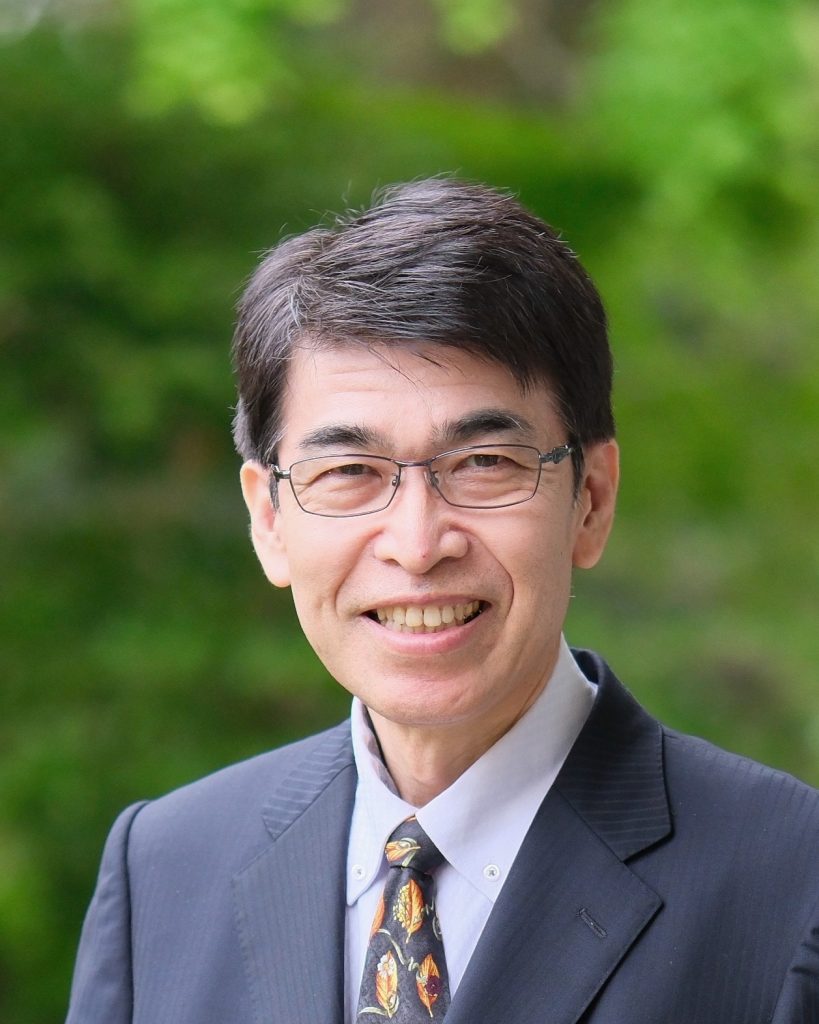Message from the Director, School of Medicine
Yamaguchi University Faculty of Medicine and Health Sciences is located in Ube City, a “city of greenery, flowers, and sculptures” facing the Seto Inland Sea in Yamaguchi Prefecture, which was ranked No. 1 in 2020 as the Towns People Want to Live in. Yamaguchi City, where students spend their first year, was ranked third among destinations worldwide in the “52 Places to Go in 2024,” published by the New York Times in the United States. Yamaguchi Prefecture is the birthplace of the Meiji Restoration. The foundation of modern Japan was laid by the aspirants who studied at “Shoukasonjuku,” a school presided over by Shoin Yoshida, a thinker at the end of the Edo period. Yamaguchi University Faculty of Medicine and Health Sciences also has a forward-thinking spirit. As the center of medical education and research, we have trained many doctors, medical researchers, and medical administrators. We have served as a base for providing high-quality medical care and contributing to the development of medical science.
The missions and goals of our school are to Teach specialized knowledge and skills in medical sciences and treatments and foster a rich human character; Foster the ability to cope with changes in medical sciences and treatments and the physician’s changing role in society; Foster the ability to cope with the internationalization of medical sciences and treatments, and strive to advance the study of medicine that incorporates a global perspective and international exchange; and Actively contribute to the advancement of knowledge and skills in medical sciences and treatments, and cultivate creative human resources.

Director, School of Medicine, Faculty of Medicine and Health Sciences
Yamaguchi University
The important thing to be acquired in medical school is the knowledge and skills to perform advanced medical treatment. Modern medicine is changing as a discipline that deals with new and unprecedented bioethics, such as regenerative medicine and prenatal care. The doctor-patient relationship in medicine is also changing from the former medical paternalism, in which the doctor was primarily responsible for determining the interests of the patient and should make their professional judgment, to a more participatory medicine, in which the doctor and patient cooperate in selecting the best treatment method after discussion until the patient fully understands and agrees to the treatment. The transition has been toward more patient-centered medical care, where the patient participates in decision-making and cooperates in determining the best treatment until they fully understand. For this reason, we aim to train physicians with medical skills and a high level of humanity.
In education, ward training has been severely restricted due to the spread of the new coronavirus. Pandemics are expected to occur periodically in the future. Therefore, it is necessary to find new methods and introduce them into practical skills courses, which mainly consist of ward practice. Under these circumstances, we will build a new educational plan by utilizing technologies such as digital transformation, equipping simulators and digital medical education equipment for clinical practice, and promoting human resources training with medical skills and medical knowledge that can be used immediately in medicine.
Yamaguchi University is implementing many distinctive curricula to meet the rapidly changing demands for medical education. One of them is AI education. AI and systems biology have made remarkable progress in recent years, and their application to medicine has already begun. Promoting medical research and training medical personnel who handle big data have become significant issues for universities. For this reason, Yamaguchi University established the Department of Systems Bioinformatics, a course specializing in AI, as the first medical school in Japan and also established the AI Systems Medicine Research and Training Center (AISMEC). The AI systems we have built up to date are used to analyze medical big data and train personnel who can practice developing preventive methods and treatments from new perspectives.
We offer the “Self-Development Course” as a curriculum to foster international human resources who can promote global medical care and researchers who can conduct original research. It is a practical medical research participatory education in which students select and belong to their laboratory, write papers, and present at academic conferences. This course is one of the longest in the nation. It allows students to experience the importance and interest of medical research by conducting full-scale basic research over six months. In the Self-Development Course, students can choose to work not only on campus but also at universities and research institutes in Japan and overseas. The number of overseas research centers we collaborate with is located in about ten countries, and the number of institutions has increased to more than 20. The Yamaguchi University School of Medicine will continue to train students to become highly skilled medical professionals who will lead the world in creative research results.
Tsuyoshi Tanabe, MD, PhD
Director, School of Medicine, Faculty of Medicine and Health Sciences
Yamaguchi University